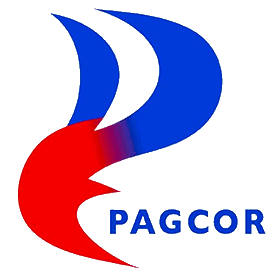 Last week, President Ferdinand Marcos Jr. officially banned its Philippine Offshore Gaming Operators (POGO) licensing program, a move that was met with palpable relief from the Chinese Embassy.
Last week, President Ferdinand Marcos Jr. officially banned its Philippine Offshore Gaming Operators (POGO) licensing program, a move that was met with palpable relief from the Chinese Embassy.
President Marcos announced that the offshore gaming license issued by the Philippine Amusement and Gaming Corporation (PAGCOR) was no longer valid, and the program would not be allowed to continue operations. The offshore operator’s ban took immediate effect, underlining the urgency of the situation.
The POGO system has been under scrutiny for the past few years as numerous cases of kidnapping, sex trafficking, and other major crimes have been linked to the industry. While most, if not all, of the cases have involved illegal operations disguised as a POGO operator, the industry has caught most of the blame.
Over the past several years, a chorus of voices, including numerous senators and businesspeople, have called for a cease of the industry, citing the violent crimes loosely linked to the industry. This collective agreement underscores the gravity of the situation.
Are Online Casinos Still Available In The Philippines?
Yes, the POGO system operated from the country but could not offer its services to the Philippines. However, PH online casinos are often located outside the country and regulated by other trusted gaming commissions.
While PAGCOR does allow domestic casinos to operate online in the Philippines, many players choose offshore sites since they typically offer more significant bonus rewards, cryptocurrency acceptance, and a more extensive selection of gaming options. However, the biggest drawback for online casino sites not located in the country is that they generally do not accept the Philippine Peso (PHP).
China Supports The POGO Ban
In recent years, China has taken a stance against online gambling and has blamed the Philippines and other Asian countries for facilitating gambling in the country. Gambling has been outlawed in China since the Communist Party took power in 1949.
China has even offered to assist the Philippines in fighting the illegal industry and even went as far as to put a travel ban on the country to curb Chinese tourists to the islands. While it initially looked like President Marcos Jr. would disregard the industry, his stance is now apparent.
In response to the POGO ban, the Chinese Embassy issued the following statement: In line with this commitment, China is ready to continue its vital law enforcement cooperation with the Philippines and better protect the safety and well-being of the two peoples.”

